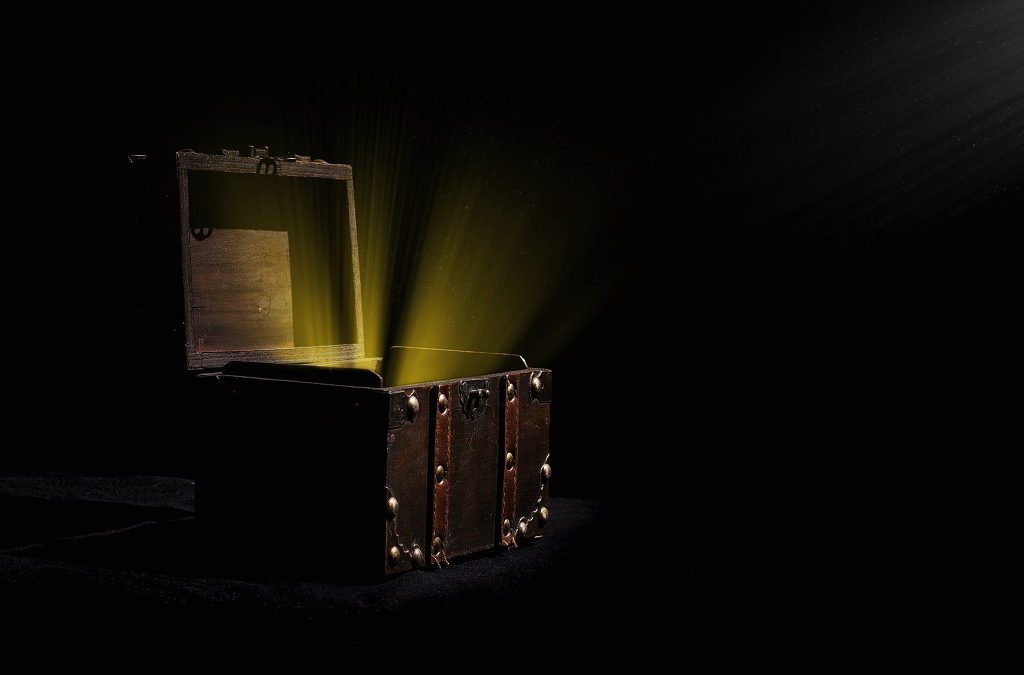Specialists in psychology recommend deciding what to do with the deceased’s ashes before the time of cremation arrives. The reason is to avoid psychological complications and other disorders in the family, because sometimes they may want to keep them at home and take them everywhere as a jewel.
In this regard it is important to note that, although the ashes are important, according to a document issued by the Vatican, since 2016 it was prohibited in the Catholic faith to have ashes stored at home as a souvenir or to spread them.
On the other hand, psychologists point out that keeping the ashes at home can prevent a successful recovery from death or lengthen the grieving process. This is because family members can cling to the remains of the dead person. This reaction is part of the denial stage.
Hence the advice to decide what to do with the ashes before the final moment arrives. There are delicate cases in which a sufferer preserves the ashes in a container or chest that he even leads to the table while taking his food or to the room while watching television. Such a situation is not healthy from the emotional point of view.
The attachment to the mortal remains of a family member prevents saying goodbye and continuing with life by adapting to the new reality where this special person is not around anymore.
On scattering the ashes, for some time the fact of whether they are contaminants to the environment or not has been analyzed. It is important to mention that if they are thrown into the sea or the land they can change the pH of the environment and cause the death of some animals. Also, if in the ashes there is any contaminating element such as mercury, the consequences can be considerable. In contrast,
CO2 emissions from incineration are lower than those of a car and in some countries biodegradable coffins already exist. In any case, it is important to remember the Vatican’s prohibition on spreading or keeping the ashes of the deceased and looking for alternatives.

